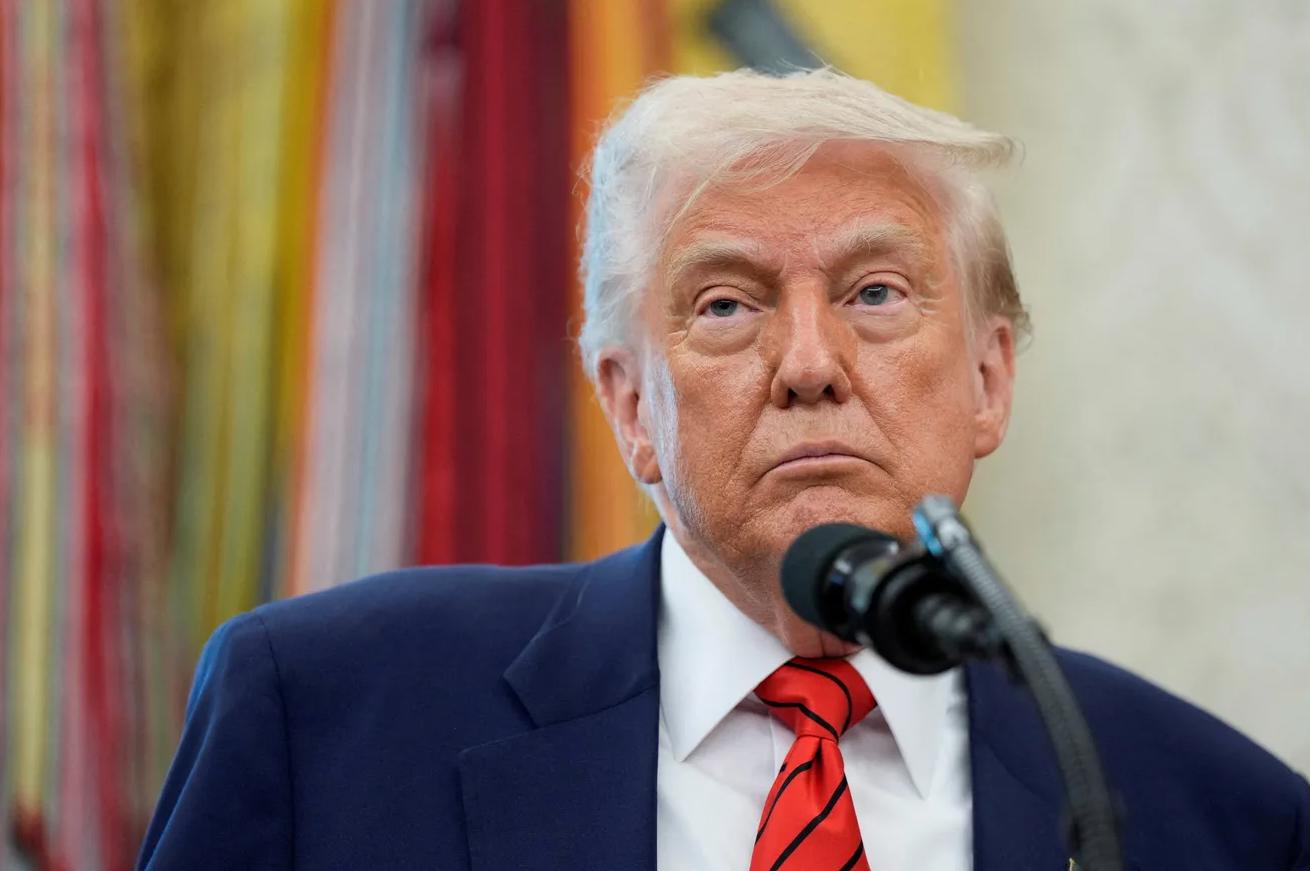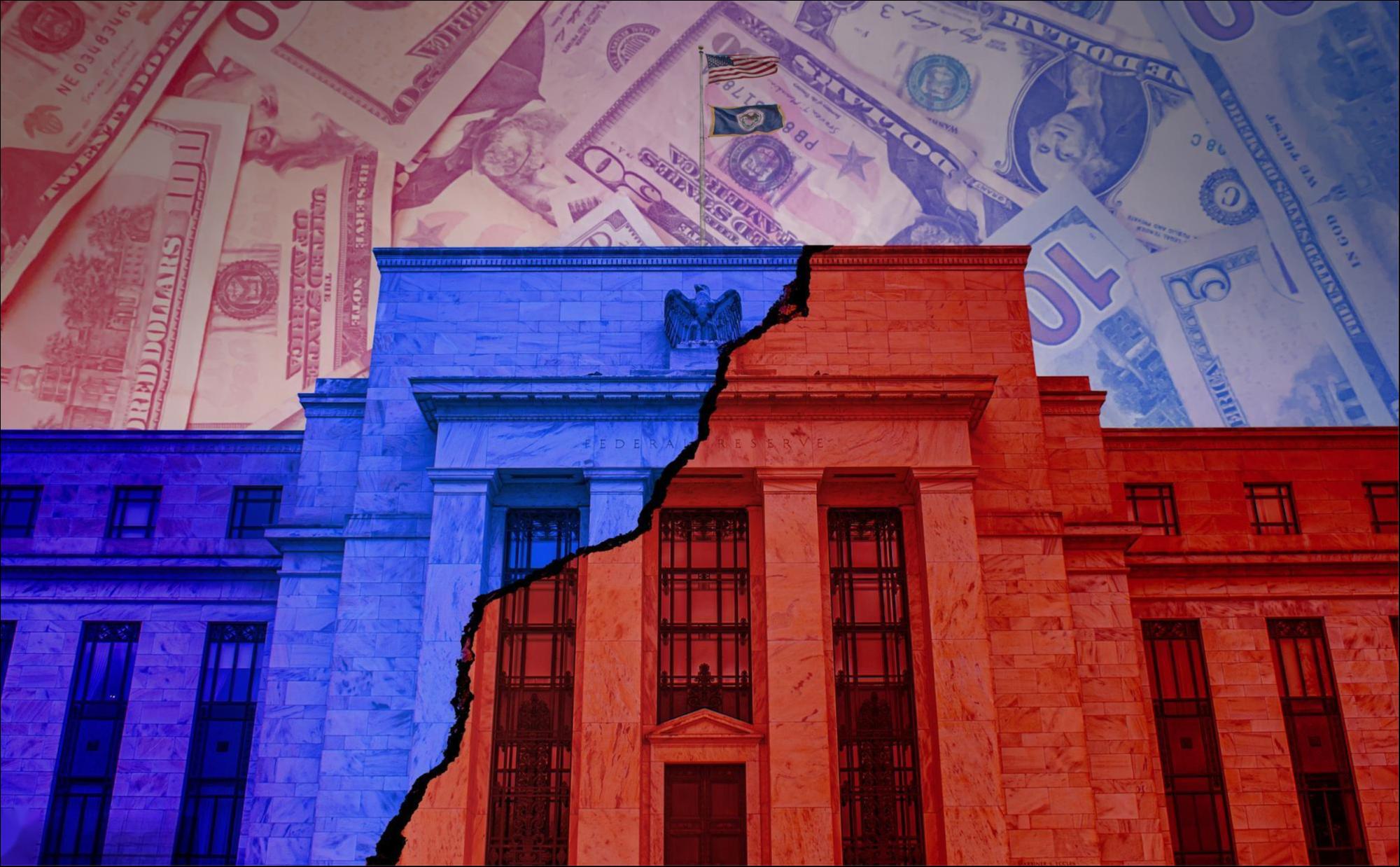
As President Donald Trump strongly urged House Speaker Mike Johnson to push forward his proposed "Great Beauty Act", the contradictions within the Republican Party have become increasingly acute. The bill, which emphasizes the continuation of tax reduction policies and is supplemented by moderate spending cuts, has triggered deep divisions between the party's conservatives and fiscal hawks.
First, Trump has always tried to consolidate his political legacy, and the expiration of the massive tax cut policy in 2017 has become his number one concern. Now his new bill is undoubtedly an effort to continue this policy. Although analysts believe that the plan may have a slight boost to the US long-term GDP, the cost is that the deficit may increase by trillions of dollars.
Second, tax cuts have always been the core proposition of the conservative camp, but if they are not matched with spending cuts, it is difficult to avoid the suspicion of fiscal irresponsibility. The US government can no longer rely on debt to maintain its current spending structure. The current version of the "Big Beautiful Bill" fails to cover the revenue loss caused by tax cuts, showing a serious lack of fiscal discipline.
Trump has reportedly tried to push for a tax increase on the super-rich to ease criticism that his policies favor the rich, but the proposal was not adopted, and the bill is still mainly based on maintaining the 2017 tax cuts. The tax cuts benefit taxpayers at all income levels, especially the top wealthy, and are also expected to stimulate economic growth to a certain extent.
In addition, Trump's new plan also includes a campaign promise: to eliminate taxes on tips. Although the draft bill has not yet been formally formed, some provisions are clearly aimed at pleasing the blue-collar class and trying to break the existing criticism of "rich first". However, even if these measures are popular with wage earners, their fiscal costs are still huge. Experts predict that if the bill is passed, the US fiscal deficit will increase by about $3.3 trillion over the next decade. Fiscal conservatives criticize that continuing to cut taxes without corresponding spending cuts is tantamount to "eating food in the next year". The United States currently pays about $684 billion in interest on its debt each year, and this cost is constantly eroding the government's fiscal space.
In the past, when the Democratic Party was in power, the Republican Party often criticized the other party's fiscal policy on the grounds of deficit. But now, the budget draft supported by Trump has encountered some opposition in the Republican camp. During his first term, the US budget deficit increased year by year, and it is expected to expand significantly again in 2025. Unfortunately, most Republican lawmakers prefer to continue to support Trump's agenda rather than uphold conservative fiscal principles.
Meanwhile, Texas Republican Congressman Chip Roy expressed his concerns about the bill in Congress: "We signed a check that we can't cash at all, and our next generation will pay for it." Although he and three other lawmakers voted in favor of the bill in the committee vote on May 18, allowing the bill to enter the full House vote smoothly, they also made it clear that the current bill needs to be significantly revised in the final version to gain support. Johnson can only withstand the defection of three Republicans at most.
Finally, today's Republican Party is more cautious about the issue of welfare cuts, which is a regrettable trend. The work requirement in Medicaid is only the starting point of reform, and to truly achieve fiscal balance, a deeper reform of the social security system must be carried out. At present, the project is difficult to maintain operation under the current model, but Republicans are rarely willing to publicly question its sustainability.
In summary, if we want to achieve a balanced budget, the real challenge is to comprehensively reform the Social Security, Medicare and Medicaid systems. However, at present, neither party has the political will to promote such difficult reforms. If welfare spending cannot be controlled, the US fiscal outlook will become more severe, and the Republican Party itself cannot escape blame for its inaction on this issue.

Recently, US Treasury Secretary Mnuchin publicly stated that the selection process for the next chair of the Federal Reserve has been initiated.
Recently, US Treasury Secretary Mnuchin publicly stated tha…
At the dawn of 2026, the United States launched a military …
From the stiff step when it first debuted in 2022 to demons…
"On the early morning of January3,2026, the United States l…
"We absolutely need Greenland," Trump's straightforward sta…
On January 3rd, the US Special Forces launched a surprise a…